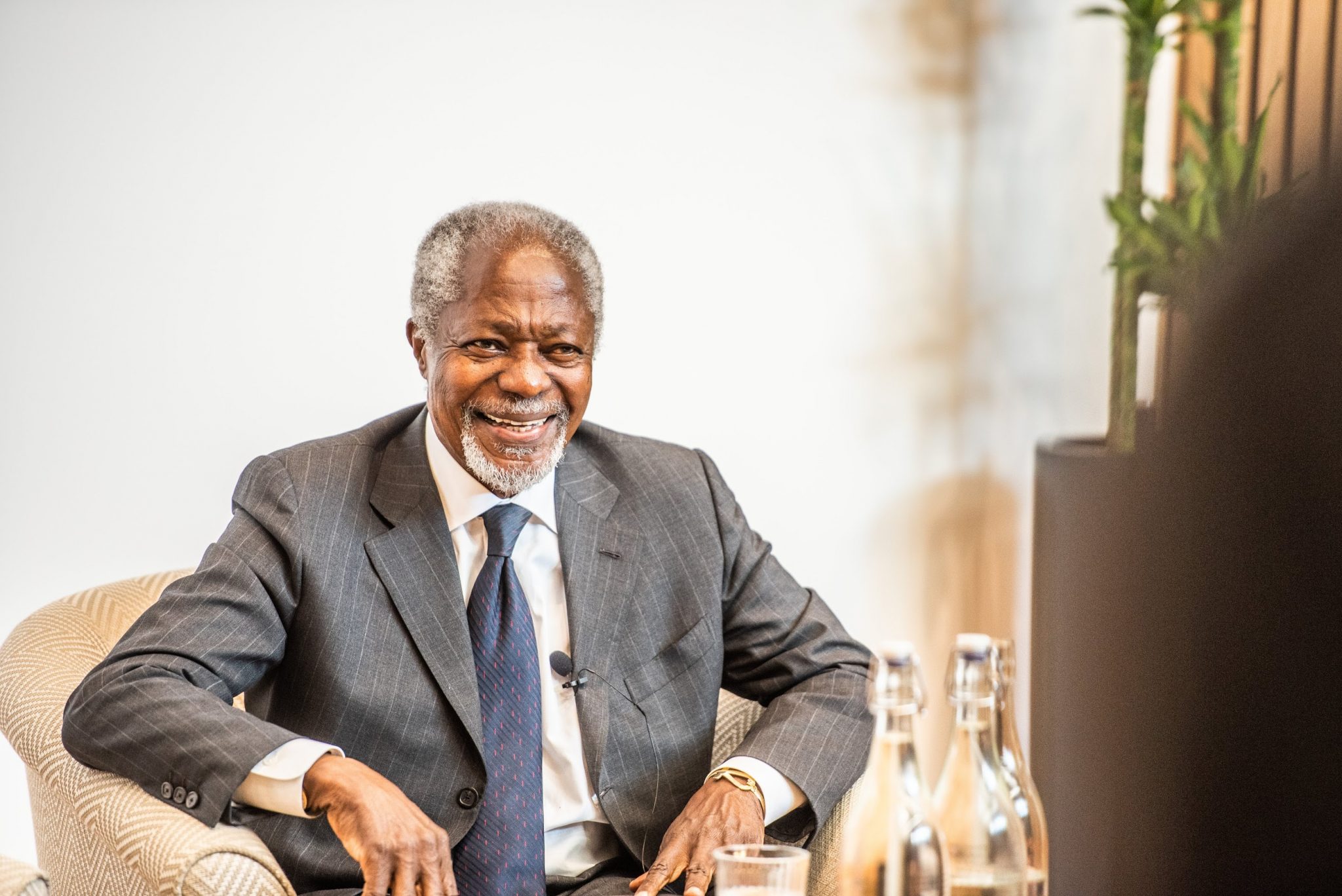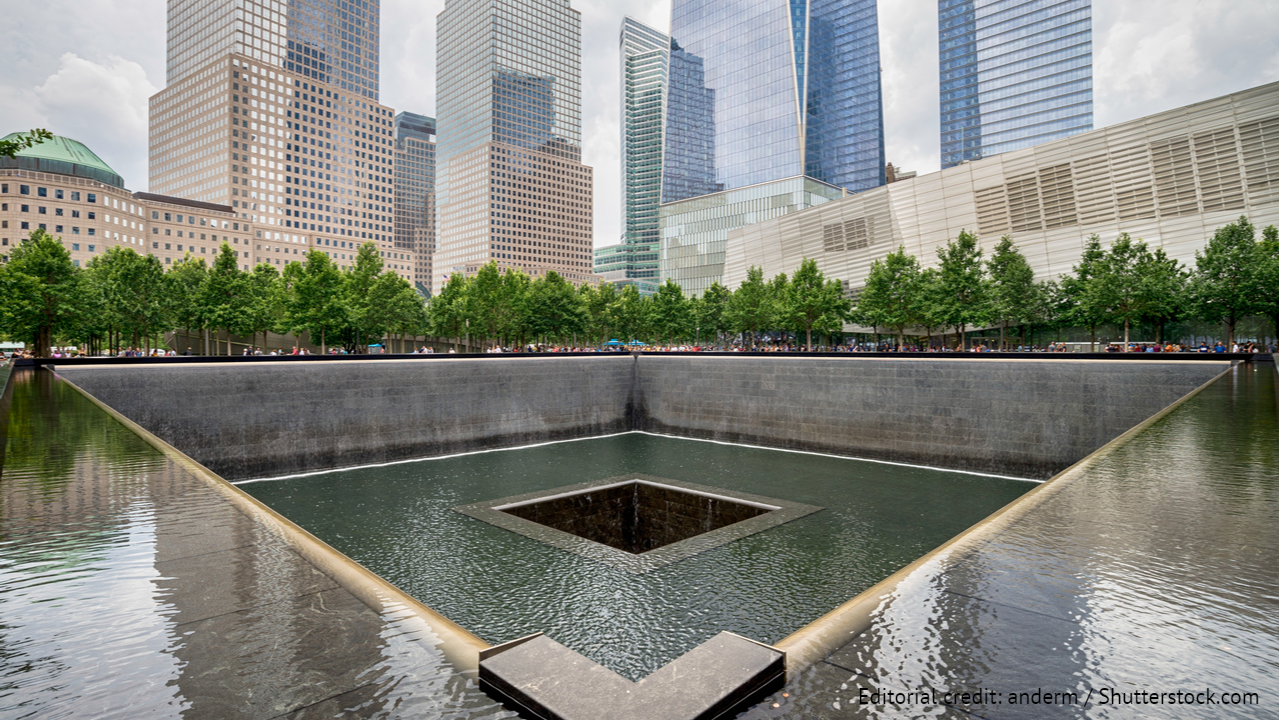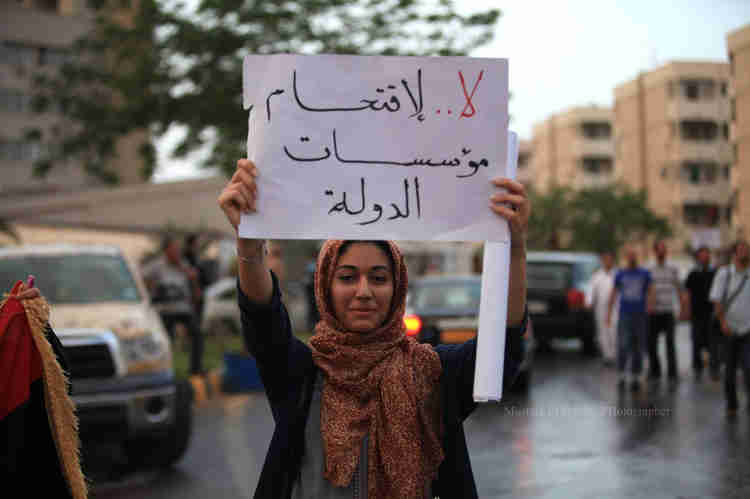Charlie Rose Talks to Kofi Annan
CR: What should we worry about when we see the demonstrations in Egypt and the lethal consequences in Libya over a privately made film that has nothing to do with America or its government?
KA: I think that those kinds of incidents show the volatile world we live in and how individuals can sometimes take the law into their own hands and react in a manner we do not expect. It does require leaders to speak up. It does require leaders to send the message that this is simply not done, that it’s not acceptable, and one cannot have this sort of violence. And it also shows that the majority, the silent, peaceful majority, should speak up, because we live in a world of copycat incidents, and what we don’t want is for others to replicate this and have it spread around the region. This is why sometimes I hope not only the political leaders, but some of the religious leaders, will speak up.
I assume you mean the governmental leaders and religious leaders and cultural leaders in the Middle East, where these kinds of protests are taking place?
Yes. They should really condemn the violence, and they should make it clear that regardless of one’s feelings, violence should not be used in defense of the Koran or Allah. We talk of extremists. We talk of all sorts of groups, and they are usually very small groups. They undertake these activities, but where is the majority? Where are the leaders? Nobody speaks up.
Embassies are traditionally protected by host countries. Does this suggest that we may have to change something about that?
I think one should insist on the responsibility of the governments concerned to protect the embassies in their territories. Obviously, given what has happened and is happening, other governments would want to have their own security systems strengthened to complement whatever the national government is offering. So we are going to see increased security and security personnel as part of embassy staff.
Did you know Chris Stevens, the American ambassador to Libya?
I don’t recall meeting him, but you know, it’s really sad that a profession which is normally peaceful, which is to improve relations with others, can become so brutal and so violent.
This is in a sense an example of people who took advantage of a protest, or maybe ignited a protest, in order to attack an embassy—something the UN has seen with the 2003 bombing in Baghdad.
Absolutely. We had the bombing in Baghdad, we had one in Abuja, and for a long time we thought the UN blue flag protected us. And it did, just as one thought diplomatic immunity and status would protect embassies and ambassadors. Now we’re seeing the kinds of attacks and events that really shake the roots of the international system and the rule of law.
Ambassador Stevens was someone the government in Libya held in very high regard, because they had known him even before Qaddafi was overthrown. He was working hard to help create a new Libya. He represents, many have suggested, a kind of engaged diplomat who is sensitive to all the factions in a country and trying to show that America is interested in the quality of life and government in a difficult time and place. What should America do in circumstances like this—to show not only that justice has to be done but also that it understands what new governments are up against?
I think Libya is a difficult situation. As you suggest, the new government is trying to establish law and order and security, but they still have their responsibility to try and show that these embassies are protected, and also to try and find the culprits and hold them accountable. The U.S. should insist at least on that. They have the responsibility to hold those responsible accountable—and since the U.S. and other Western countries are welcome in Libya, to take steps with them to strengthen their security apparatus and security forces so that these kinds of things do not happen, either to foreigners or to their own citizens. Unfortunately, this will take time. But the message has to be clear that this sort of behavior is not accepted in modern society. And they should really begin to focus on how they build a rule of law and respect for the human rights of all … I offer my deepest sympathy to the family of Ambassador Stevens and to the U.S. government and people.



